Africa and its stakeholders have good reasons to be optimistic, including accelerated economic growth and a promising continent-wide free trade agreement. However, the continent faces grave challenges, including an impending debt crisis and worsening fragility and poverty due to climate change. This Brookings Institution report based on multiple contributors offers diverse insights into what African nations are doing to seize opportunities and mitigate social and economic disasters.
Despite a decade of generally improving governance in Africa, progress lags behind the needs and potential of its outsize youth population.
According to the 2018 Ibrahim Index of African Governance (IIAG), most Africans have seen better overall governance in the 2010s. Overall governance includes aspects such as safety, human rights and sustainable economic development. The IIAG assesses and ranks nations according to how responsibly they provide fundamental public goods and services – political, social and economic. The improving scores are largely a product of advances regarding infrastructure, gender and health. However, any progress in governance still lags behind the needs and potential of Africa’s large youth population. In 2018, more than 60% of Africans were younger than age 25. Some researchers say this demographic will account for nearly 80% of Africans by 2029, while other experts aver that Africa’s young workforce is, in fact, shrinking. Yet despite their numbers, African youth are underrepresented in and underserved by national governments. People younger than age 40 account for only 14% of African parliamentary members – less...
Brahima S. Coulibaly is director of the Africa Growth Initiative at the Brookings Institution, where Joshua Miller is acting assistant director. A host of writers, including Sudanese-British billionaire businessman Mo Ibrahim and World Bank president Jim Yong Kim, contributed to this publication.









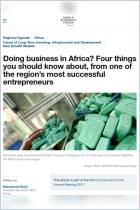
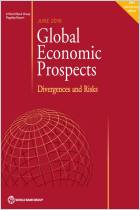
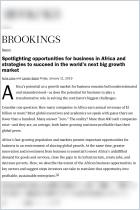
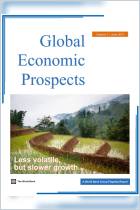
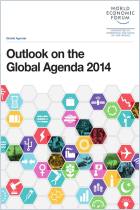
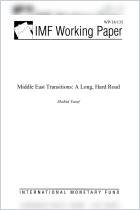



Comment on this summary or Iniciar a Discussão